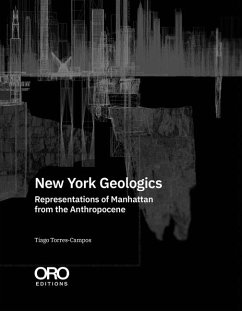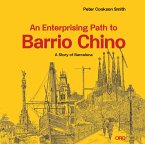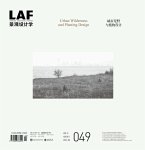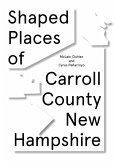Manhattan is commonly regarded as an iconic island-territory of the twentieth century. Conventional representations reinforce its reading as an urban condition resulting from neoliberal capitalism. These forces have expanded the city grid and extruded its architectures as a laboratory of urban ideas. >With a focus on iconic city representations, the book examines distinct logics that try to make capitalist progress compatible with its territorial conditions. Even though these logics of land, water and ground - here called geologics - are perhaps less dominant than the dense urban culture and, therefore, less predominant in the representation of the city, they are still important to explain why Manhattan evolved to its current condition. The book explores these geologics through relationships between three nineteenth-century plans of Manhattan and three late-twentieth-century architectural manifestos - Delirious New York (Rem Koolhaas), The Manhattan Transcripts (Bernard Tschumi), and Lower Manhattan (Lebbeus Woods). Plans and manifestos are explored creatively through design experimentation that retrospectively repositions these representations from the perspectives offered by the Anthropocene. With an intricate connection between image, text, and installation, the book is an open invitation to radically interconnected imagination. Geologics advocate for architecture to become a productive and fluid mediation between city and geology. They propose a reconfiguration of urban territories as resilient hybrid possibilities amongst accelerated change and large-scale geoengineering.
Hinweis: Dieser Artikel kann nur an eine deutsche Lieferadresse ausgeliefert werden.
Hinweis: Dieser Artikel kann nur an eine deutsche Lieferadresse ausgeliefert werden.








